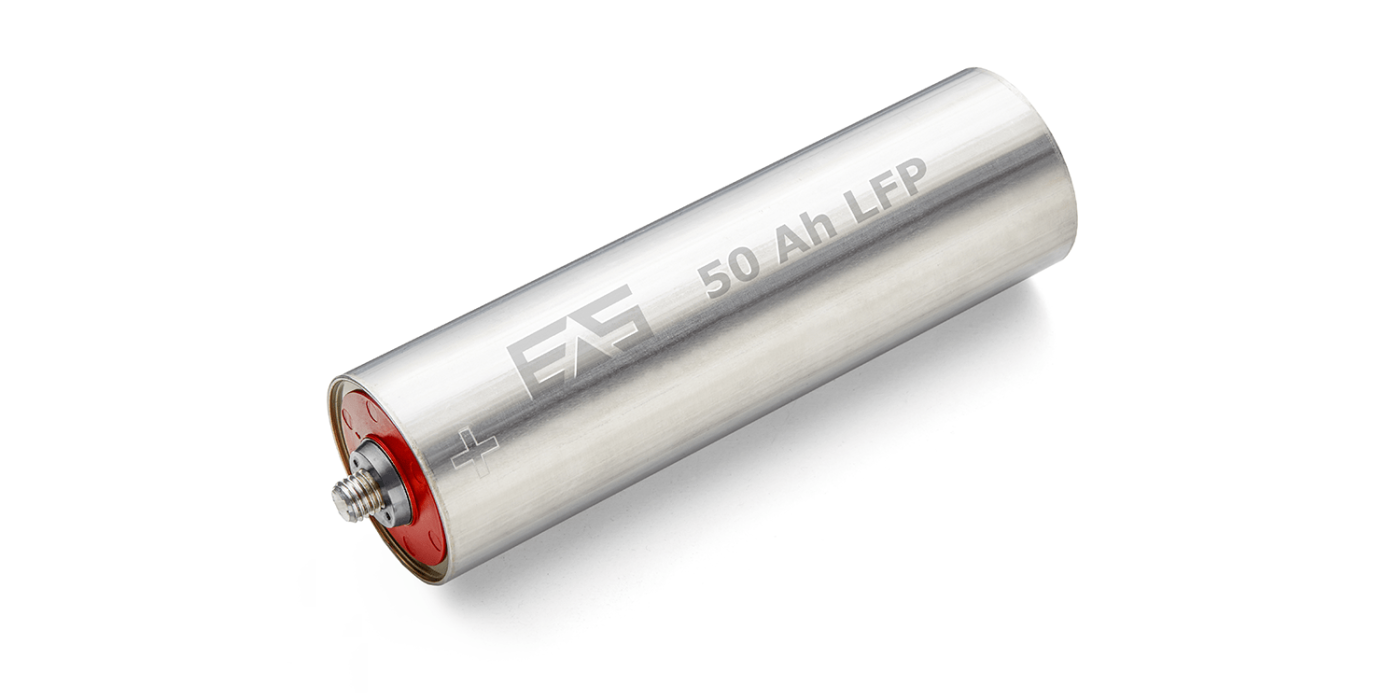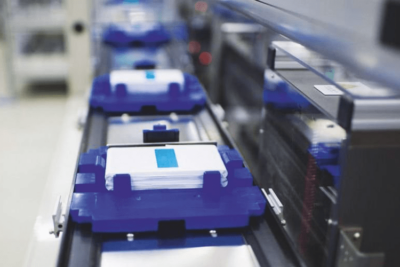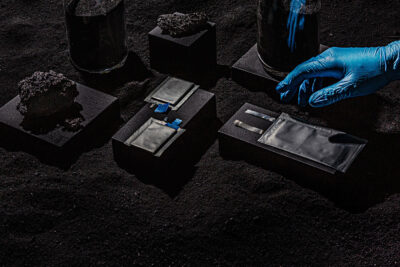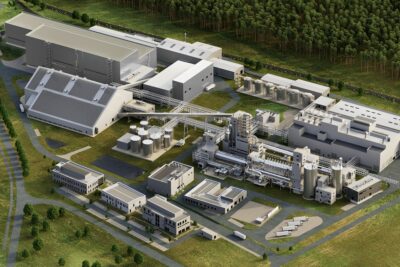German researchers develop a process for recycling LFP batteries
Over the next three years, the German DiLiRec research network will primarily focus on the sorting and dismantling of LFP batteries, as well as stripping their electrodes in order to enable efficient recycling. Here, the separation of the so-called active mass is to be supported by automated and digitalized processes. The project partners note that the LFP cathodes of large-format round cells, such as those from EAS Batteries, offer particularly high recycling potential. These cells can be completely unwound, and their components separated by type.
The project participants are investigating two methods for recovering the LFP cathode material from cylindrical cells. In a process of direct recycling, LFP is to be fully recovered as active material and reused in processed form. In a standard recycling process, precursors of LFP synthesis are to be isolated. These will then serve as secondary raw materials.
The research partners are developing and comparing two process routes for each method. In a wet-mechanical and a dry-mechanical decoating process for the electrodes. “The systematic recording of material and process data during the individual recycling steps should create the conditions for sustainable and cost-effective LFP recycling,” says the research team. Artificial intelligence controls the acquisition of semantic data and supports the efficacy of the entire design of the process chain.
In addition to EAS Batteries, EDI GmbH – Engineering Data Intelligence, BLC – The Battery Lifecycle Company GmbH, FNE Entsorgungsdienste Freiberg GmbH, the Fraunhofer Institute for Ceramic Technologies and Systems IKTS, Omron Electronics GmbH, TU Bergademie Freiberg and IBU-tec advanced materials AG are involved in the DiLiRec project as associated partners. Reelements GmbH, TU Bergakademie Freiberg and IBU-tec Advanced Materials AG as an associated partner. The total volume of the project amounts to 4.7 million euros, with the federal German government contributing around 2.7 million euros.
“Bringing used lithium-ion batteries back into the cycle is a basic prerequisite for the further growth of electromobility,” says Michael Deutmeyer, Managing Director of EAS Batteries. “We need a sustainable supply of raw materials – also to meet the upcoming requirements of the EU Battery Regulation.”
“In contrast to other battery cell chemistries such as NCM and NCA, less complex and less energy-intensive hydrometallurgical steps can potentially be used to recover the lithium from LFP,” says Sebastian Hippmann, research associate for recycling and green batteries at Fraunhofer IKTS. The direct recycling of LFP is said to be promising due to its material properties.
LFP batteries are currently being produced in great quantities in China, found in a number of electric vehicles such as buses from Yutong and electric vehicles from BYD with its Blade Batteries. Numerous other companies in China are also mass-producing cheaper, less reliable LFP batteries. Athough these are generally not high-performance enough for electric vehicles, the lower-grade LFP batteries are said to be appealing for stationary storage purposes, for example, to stabilise grids or charging parks, on account of their as yet unrivalled low cost.
By adequately recycling LFP batteries used in Europe, their raw materials can stay within the production loops of European manufacturers and/or manufacturers operating in Europe. The advantage of LFP batteries is that they do not require cobalt, which avoids supply chains through the Democratic Republic of Congo, currently plagued by armed conflict and extensive child labour practices in untold numbers of artisanal mines. LFP batteries are also advantageous because of their low cost, high safety, low toxicity, and longer life cycles than conventional lithium-ion batteries.
Lukas Brandl, COO of BLC, says that if the project is successful, the results could flow directly into the construction of German and European recycling capacities. “This reduces raw material and product dependencies. The expansion of recycling technologies will strengthen Germany as a production location and increase efficiency in the use of raw materials.”
Just how well batteries can be reused and recycled depends on how they are initially manufactured and installed in their first application. The more battery makers work in unison with reuse and recycling businesses, the higher the productivity level of each step of the battery value chain.
deutscherpresseindex.de (in German)





0 Comments